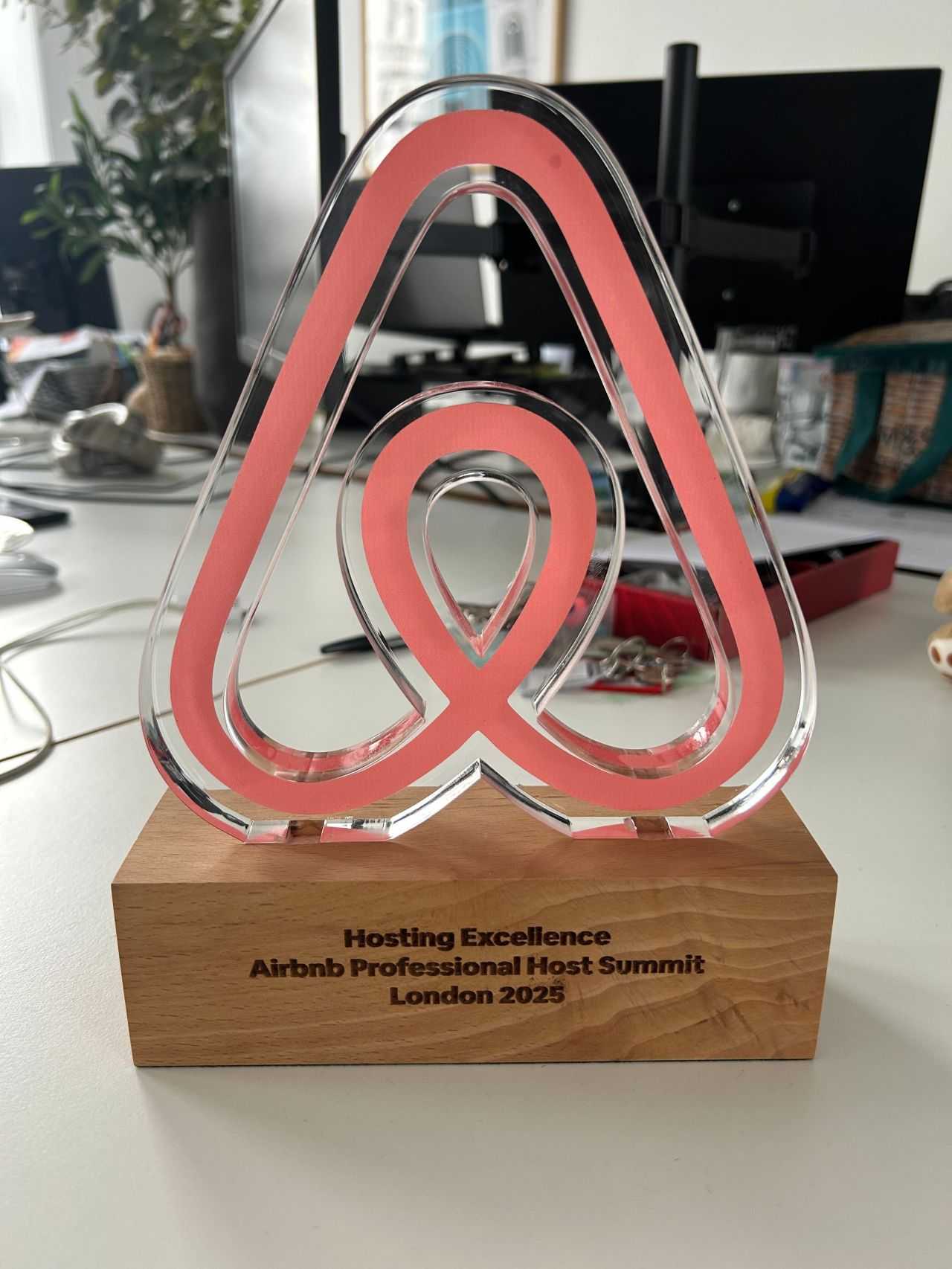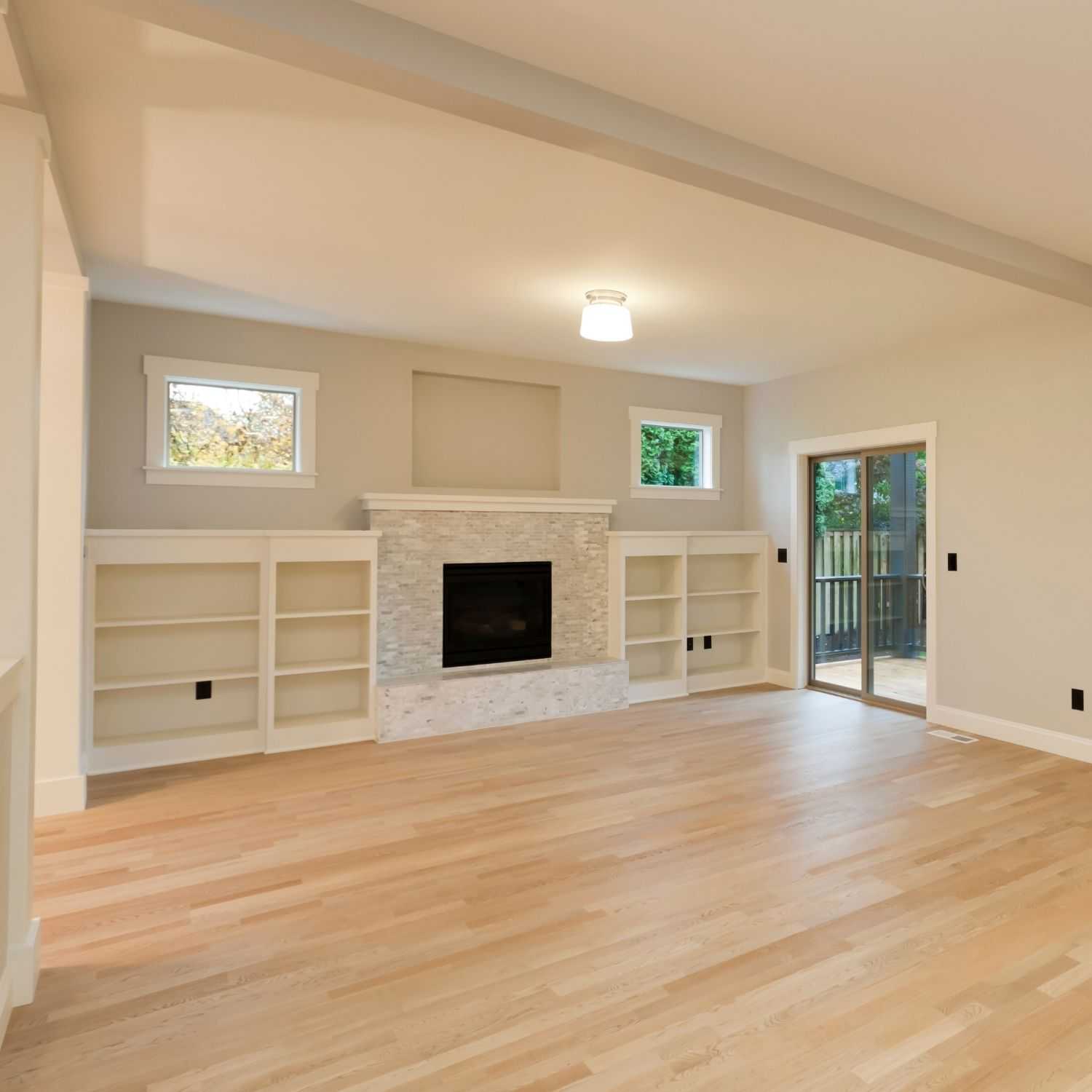Share post:
Rental income is an effective strategy to build wealth – especially if you own a home in the city of London.
The city is an attractive location for tourists from all over the world. It’s also a strong business and financial hub in the UK. These are potent combinations that fuel the dynamic and thriving rental property market.
In this article, we’ll focus on the powerful potential of your property to profit in London. You’ll get tips to maximise the earning capabilities of your flat – plus insights on calculating rental income and what it means to pay your rental income tax.
The Wealth-Building Opportunities in London
London is one of the most popular places to be. Some only come temporarily as a tourist or for business purposes. Others decide to migrate and stay permanently. Regardless of the reason for staying, it points to the fact that the population in the city will always be high. In effect, it pulls the demand for dwelling places higher no matter what time of the year.
Thanks to the vibrant letting market in London, owning a home in the city allows you to generate a substantial cash flow from your properties. But before you start calculating how much income you can earn from letting your assets, it’s important to understand the expenses you have to incur in the process.
The Rental Income Tax
A necessary expense you need to fulfil as a landlord is the rental income tax. In the UK, real estate owners are required to pay taxes if being a landlord is their main job, they own multiple properties and their letting profits are more than £6,725 annually.
There are 2 ways to identify the tax rate that needs to be paid.
For those earning £6,725 per year, they’ll have to pay £3.45 per week towards the Class 2 National Insurance. On the other hand, those earning £12,570 and more in rental income are obligated to pay either 9% (profits between £12,570 and £50,270) or 2% (more than £50,270) towards the Class 4 National Insurance. All the figures are based on the data from the Self-Employed National Insurance Rates.
It’s important to note that the rental income tax is based on the net rental income you’ve earned. This means a portion of the profit isn’t considered taxable.
One is the property tax allowance. It refers to the first £1,000 of the letting profit that’s considered tax-free.
In addition to the allowance, you’re also allowed to create an expense list you can deduct from the taxable letting profits. Among the expenses you can deduct includes professional fees (e.g. letting agent, accountant, legal fees, etc), insurance payments, maintenance and repairs (not improvements), utility bills, Council Tax, cleaning or gardening services, marketing expenses, etc.
Calculating Rental Income Potential
Calculating your rental income is part of your job as a landlord because it helps you understand the earning potential of your real estate asset. It ensures you’re complying with the income tax rate that fits your earning potential.
This involves a simple formula. You begin by adding all the rent payments. Then you add everything from your allowable expense list.
Take the sum of your rent payments then deduct the property allowance and the sum of your expenses. The result is your taxable rental income. From the amount, deduct your tax rate and you’ll get the net letting profit from your properties.
Here’s a rundown of the calculation.
Rent Payments – Property Allowance – Allowable Expenses
= Taxable Income – Tax Rate
= Net Rental Profit
How to Increase Your Property’s Rental Potential
Real estate is an asset that gets better over time. Although the return you can get from the investment is dependent on the movement of the housing market, the letting demands are usually quite high. It means you’ll rarely run out of people wanting to let your flat. With the right marketing strategy, you can expect a sizable income from it.
Also, there are other ways to increase your letting profit so you can boost the return on your portfolio investments.
Choose the Best Location
If your property is in London, you’re already a winner. Location plays a crucial role in earning the best rental income from your portfolio. You can use the surrounding attractions and businesses to increase the appeal of your flat.
For instance, being near public transport, educational institutions, essential amenities, restaurants, recreational facilities, and popular tourist spots would attract guests and residents from all walks of life.
Optimise Your Rental Price
Although you want to rent your property at the highest price possible, you’d want to be smart about it. Consider the average letting rates within the area. If your price is too high, you risk longer vacancy periods. If you price too low, you’ll be compromising your profit potential. Your rental pay might not be enough to cover the tax expense and other maintenance fees.
Do your research and use the selling points of your unit and location to find the right balance when it comes to pricing your letting fees.
Maintain Your Property
Part of the expense of owning a home is the maintenance. Over time, you’ll have to pay for repairs and renovations. It’s better to conduct cleaning and preventive maintenance because it’ll cost you less in the long run.
Taking care of your unit will not just ensure the safety of the residents, but also maintain its value. Remember, the higher the value of the property, the higher the letting fee and rental income. It’s easier to justify the letting fee if you have a premium-looking rental unit.
Screen Residents Diligently
Choosing the residents who’ll live in your rental property is also crucial in increasing your letting income. You want responsible and reliable people to live in your home. Conduct background checks and verify their employment details or source of income. They should have the ability to pay rent and the courtesy to take care of your unit.
Failing to screen residents could lead to delays in payments, damages to your home, and so much more. Save yourself from the stress of dealing with troublesome residents by screening them from the get-go.
Use the Right Letting Strategy
There are many letting strategies to choose from. You can do short-term, mid-term, or long-term lets. Some offer incentives like offering a discount for the first month or waiving certain fees.
At City Relay, we use a flexible letting strategy that combines the peak profit opportunities of short lets and the rental income stability of long lets. Choose a letting strategy to maximise the earning potential of your property. The right strategy can help you build a positive relationship with your residents – encouraging them to renew their lease with you.
Keep Up with Rental Market Trends
The housing market is influenced by a lot of economic and social factors. As a property owner and landlord, it’s your job to keep yourself updated because it’ll affect your rental income.
Be proactive in responding to market trends so you can adjust your letting fees. This will also allow you to improve your rental property to comply with recent rental regulations.
Partner with a Trustworthy Property Management Service
If you’re not keen on going through all the tasks involved in being an effective landlord, that’s okay. Don’t miss out on the incredible returns you can get from rental properties.
Partner with a professional property management service instead. They come with a reputation that makes residents and guests trust the properties under their management. They can help increase the rental income potential of your property.
Through their help, you can be assured of a high occupancy rate. They can also make property management tasks easier to handle. You don’t have to do anything and you’ll still get a return from your property.
Although the London property market brings a lot of wealth-building opportunities, you need to adopt effective strategies to maximise the profit from your real estate assets. Choosing the help of a professional, like City Relay, will make the journey easier.
If you want to know more about our property management services, get in touch with one of our experts today.












